
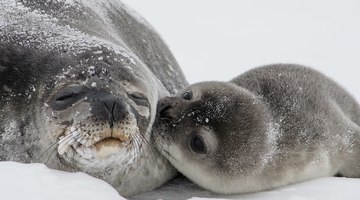
Weddell seals and orca are among the top predators in the Ross Sea region of Antarctica, and more than half of the Weddell seal population can be found in the Ross Sea. Information about changes ...
READ MORE
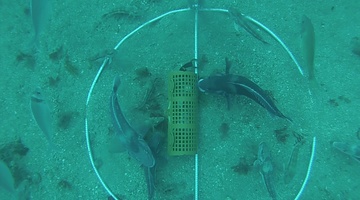
Come and visit Aotearoa New Zealand’s underwater world in this online citizen science project. Discover, count and identify unique fish species that live within our marine reserves ...
READ MORE
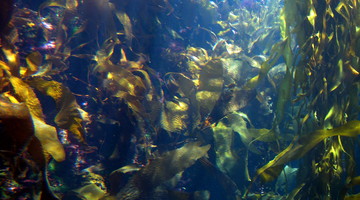
Kelp forests are one of the most biodiverse habitats on Earth. Every nook and cranny is jam-packed with life! This citizen science project wants to understand more about how kelp forests grow and ...
READ MORE
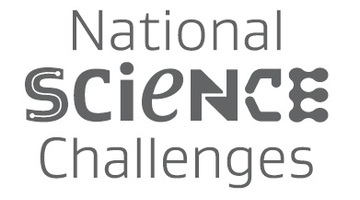
As New Zealanders looking to the future, we are faced with many opportunities – and challenges. These include improving the health of all our people, advancing our economic growth, protecting our ...
READ MORE

In this activity, students build simple models to demonstrate the differing impacts of melting land ice and sea ice on sea level rise. Rights: The University of Waikato Te Whare Wānanga o Waikato ...
READ MORE
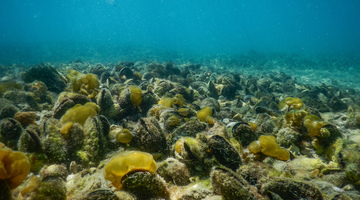
Marine stressors can come from natural, unexpected events such as erosion from an earthquake or slip, but many stressors are linked to human activities. Most marine ecosystems are resilient, but ...
READ MORE
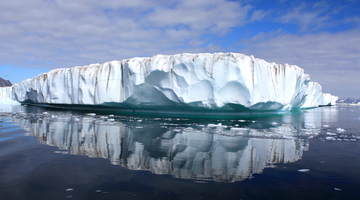
Climate change is one of the world’s big issues. It is also a big topic to tackle in the classroom. The Hub’s planning pathways interactive suggests ways in which climate change can be broken ...
READ MORE

Aotearoa New Zealand is famous for its quirky native birds. Ngā manu, their unique adaptations and the threats they face are common classroom topics. But what about the birds we are likely to ...
READ MORE

The Garden Bird survey is New Zealand’s longest running citizen science project! Join the Garden Bird survey researchers from Manaaki Whenua – Landcare Research, Dr Angela Brandt and Dr Gradon ...
READ MORE
Stacey Mulgrew, the Land Information representative gives a tour of the ship. Stacey starts on deck and explains the decks of the ship using the ship’s deck plans. She shows where one of the ...
READ MORE
To keep Antarctica as pristine as possible all impacts from human presence have to be kept to an absolute minimum, this includes human wastes. The field camp has an out-doors toilet that consists ...
READ MORE
Andrew Stewart is discussing the adaptations of the Antarctic silverfish. Points of interest for teachers: Students may want to discuss why the icefish does not have red blood. Why is more oxygen ...
READ MORE
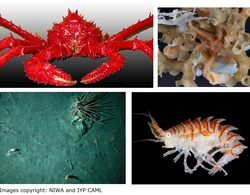
This short slideshow shows some of the animals found in the Antarctic benthic zone. Use the Slideshow menu for further options, including view full screen, and go here for the download option.
READ MORE
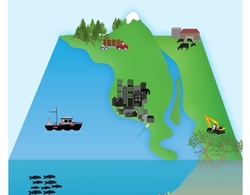
Use this interactive to identify stressors in marine environments. Drag and drop the text labels onto the diagram.
READ MORE
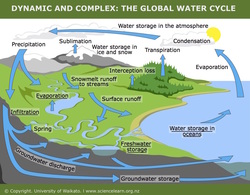
Water in the Earth system is influencing all aspects of life on Earth. Pathways, storage, transfers and transformations have an effect on the global climate and human welfare. Within this ...
READ MORE